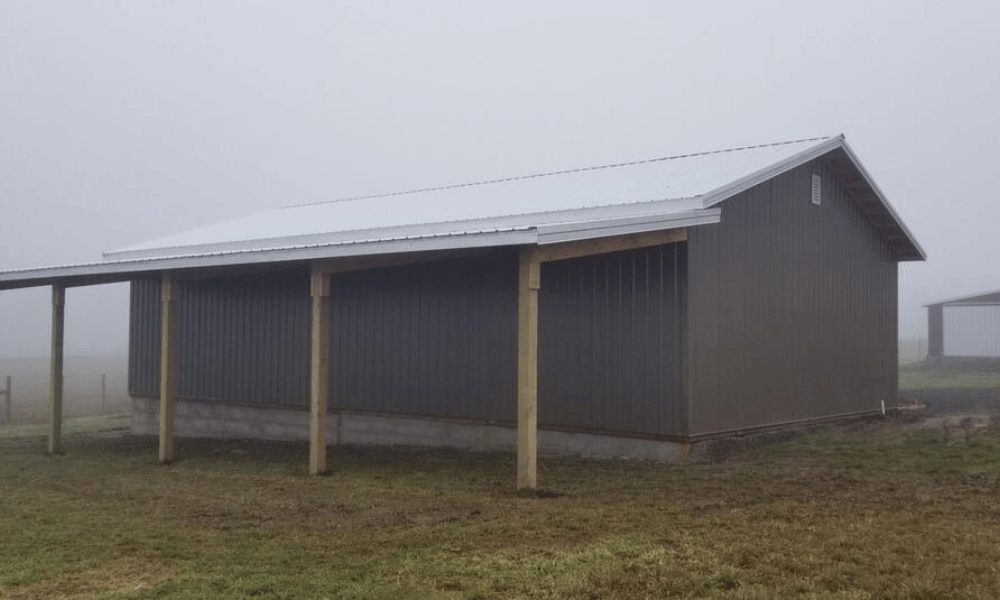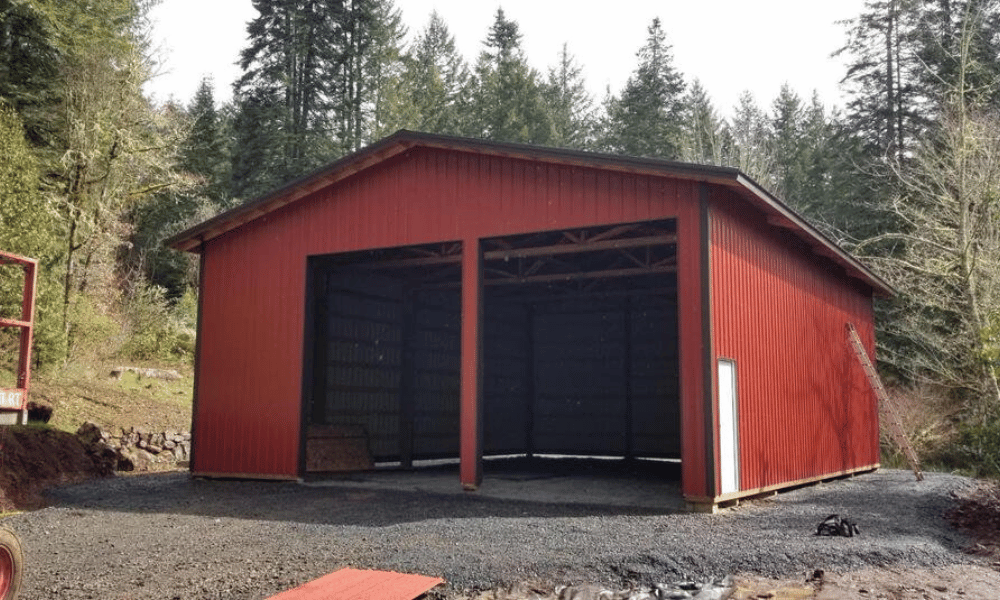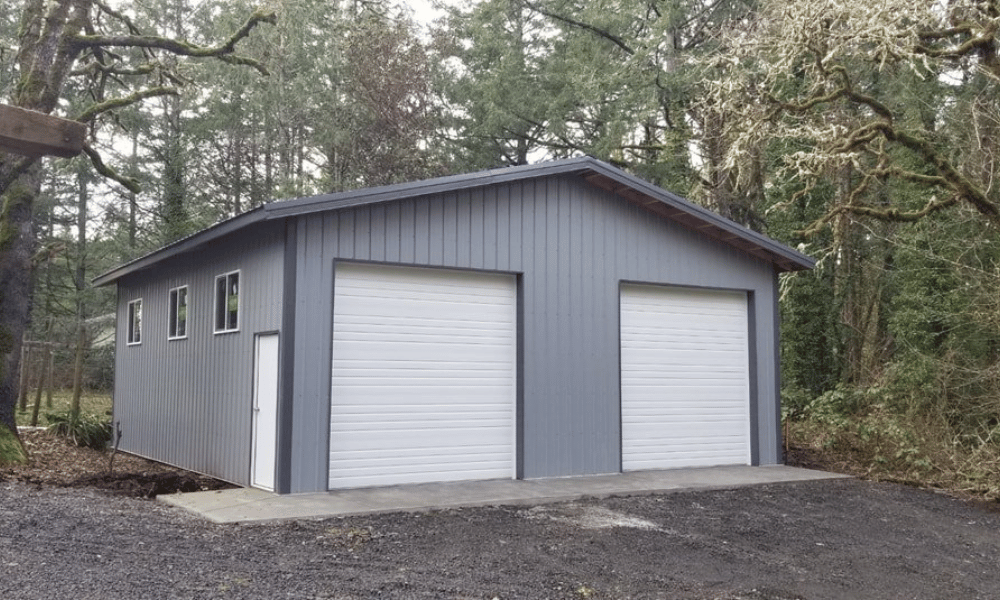Introduction
Building a pole barn garage might seem like a straightforward endeavor. After all, how difficult can it be to construct a simple structure for your vehicles or tools? Well, if you think that way, you’re in for a rude awakening! The reality is that environmental regulations can turn this seemingly simple project into a bureaucratic nightmare. You may find yourself tangled in red tape, facing fines, or even halting construction altogether if you don’t pay attention to the rules. In this article, we will delve deep into the often-overlooked world of environmental regulations pertaining to your pole barn garage. We’ll explore everything from zoning laws to waste disposal requirements, ensuring you’re fully informed before you pick up that hammer.
Understanding Environmental Regulations
What Are Environmental Regulations?
So what exactly are environmental regulations? Well, let’s break it down! These are laws and guidelines set by local, state, and federal authorities aimed at protecting the environment. They cover a wide range of issues including land use, water quality, air emissions, and waste management. Ignoring these regulations could lead to hefty fines or legal actions—do you really want that hanging over your head while you're trying to build your dream garage?
Why Should You Care?
You might be thinking that environmental regulations are just another form of governmental overreach. But here’s the kicker: these rules exist for a reason. They help protect our natural resources and ensure public health. So if you're planning on building a pole barn garage without considering these factors, you're not just risking your project; you could also jeopardize the environment.
The Importance of Planning
Zoning Laws: Know Before You Build
Before you dive headfirst into construction, take a moment to understand zoning laws in your area. These laws dictate what types of structures can be built where—and they often vary significantly from one location to another. Wanting to throw up a pole barn garage in an agricultural zone? Think again! Zoning laws can restrict or outright prohibit such projects.
Building Permits: Don’t Skip This Step!
Okay, so you've got your plans ready and you're excited about your new pole barn garage—but hold up! Have you checked whether you need a building permit? Many jurisdictions require permits for any significant construction work. Neglecting this step could lead to delays and fines—nobody wants that kind of headache!
Environmental Impact Assessments (EIA)
What Is an EIA?
An Environmental Impact Assessment (EIA) evaluates how proposed construction projects affect local ecosystems and communities. While it sounds like something only large corporations deal with, many local governments require EIAs for residential projects as well.
When Is an EIA Required?
The requirement for an EIA often depends on the scale of your project and its potential environmental impact. If you're building a small pole barn garage on an existing property with minimal disruption to the land, chances are you won’t need one. However, if you're looking at larger plots or areas with sensitive ecosystems—like wetlands—you may be required to conduct an EIA.

Water Usage Regulations
Rainwater Harvesting: A Green Choice or Legal Headache?
Thinking about installing rainwater harvesting systems for your pole barn garage? Great idea—but don't think it's as easy as slapping some barrels under gutters! Various regulations govern water collection practices depending on where you live. Some states have embraced rainwater harvesting as an eco-friendly option while others impose strict restrictions.
Wastewater Management: Not To Be Ignored
If your pole barn garage plans include plumbing facilities (like sinks or toilets), you'll need to adhere to wastewater management regulations too. Improper disposal could lead not only to environmental degradation but also hefty fines from local authorities.
Air Quality Standards
Do You Need Ventilation Systems?
If you're planning on using your pole barn garage as more than just storage—like working on cars or woodworking—you’ll probably want proper ventilation systems installed. Failing to do so can lead to poor air quality not just within the structure but also affecting nearby habitats!
Emission Controls: A Must-Have
If your activities generate fumes or pollutants—like painting or running machinery—make sure you're compliant with air quality standards set by regulatory bodies like the EPA (Environmental Protection Agency). Ignoring these guidelines may invite legal action against you!
Waste Disposal Policies
How Do You Dispose of Construction Debris?
Construction sites generate tons of debris—from wood scraps to metal shavings—but there are specific guidelines regulating how this waste should be disposed of. Make sure you're familiar with local waste disposal policies; improperly dumping materials can result in steep penalties.

Hazardous Waste Management: Handle With Care
Some materials used during construction may qualify as hazardous waste (think old paints or solvents). Disposing of these materials requires careful adherence to strict guidelines designed to minimize environmental harm.
Noise Pollution Regulations
Do You Need To Worry About Noise Complaints?
Constructing a pole barn garage isn’t exactly silent work; saws buzz and hammers bang away! If you live close enough to neighbors—or if noise levels exceed certain decibels—you might need special permits regarding noise pollution during construction hours.
Sustainability Practices in Construction
Eco-Friendly Materials: A Smart Choice
Why not consider using sustainable materials when building your pole barn garage? Not only does this benefit the environment but it may also give you leverage when dealing with regulators who favor green practices!
Sustainable Material Options
| Material Type | Benefits | |-----------------------|----------------------------------------| | Bamboo | Fast-growing & renewable | | Recycled Steel | Reduces mining waste | | Reclaimed Wood | Minimizes deforestation |
Cultural Heritage Considerations
Historical Sites: Are You Aware?
If your property happens to lie near historical landmarks or archaeological sites, additional scrutiny may apply during construction phases due to cultural heritage preservation laws.
Community Engagement
Why Engage Local Residents?
Before diving into construction plans for your pole barn garage, consider engaging with local residents who may have concerns about site developments impacting their lives—including traffic increases or changes in landscape aesthetics.

Legal Consequences of Non-Compliance
What Happens If You Ignore Regulations?
Ignoring these pesky regulations isn't just annoying; it can have serious legal repercussions including lawsuits from neighbors or government fines—a real headache nobody wants! So do yourself a favor: follow those rules!
Top FAQs About Environmental Regulations for Pole Barn Garages
Do I need a permit for my pole barn garage?- Yes! Most municipalities require building permits before any significant structure is erected.
- Zoning laws specify what types of buildings can be constructed in designated areas.
- It depends on various factors including project size and location; check with local authorities.
- That varies by state; some encourage it while others impose restrictions.
- Follow specific disposal guidelines set forth by local environmental agencies.
- Review local noise ordinances and engage with neighbors proactively before starting work.
Conclusion
Navigating through the maze of environmental regulations when constructing your pole barn garage isn’t just bureaucracy—it’s vital for ensuring that both your project and the surrounding environment thrive together harmoniously! From understanding zoning laws and obtaining necessary permits to managing waste responsibly and minimizing noise pollution—all these aspects contribute significantly towards compliance with ecological standards while allowing homeowners like yourself creative freedom in design choices.
Don’t let ignorance get in Pole Barns Dean Lindsey Construction the way of realizing that dream space you've envisioned; instead arm yourself with knowledge so that nothing stands between you and completing that perfect pole barn garage! Remember—the more informed decisions we make today will pave the way towards sustainable living tomorrow! So roll up those sleeves because it’s time we took responsibility seriously—let's build smarter together!